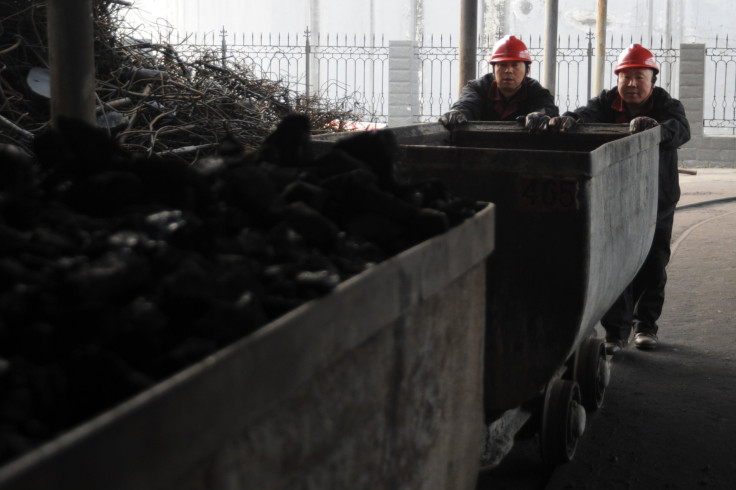China Has Been Burning Much More Coal Than Previously Indicated: Report

Newly released government data show that China has been consuming as much as 17 percent more coal than previously reported, which translates to nearly a billion more tons of carbon dioxide released into the atmopshhere annually, the New York Times reported. The data likely poses a significant challenge to a previous Chinese government pledge to halt growth in the nation's emissions of carbon dioxide and other fossil fuels by 2030.
“This will have a big impact, because China has been burning so much more coal than we believed,” said Yang Fuqiang, a former energy official in China who now advises the Natural Resources Defense Council, the New York Times reported. “It turns out that it was an even bigger emitter than we imagined. This helps to explain why China’s air quality is so poor, and that will make it easier to get national leaders to take this seriously.”

China’s coal consumption data has reportedly been underestimated since 2000, but was believed to be significantly inaccurate in recent years. The adjusted data was based on a census of the economy in 2013 that exposed gaps in previous data collection, particularly from small companies and factories. The new figures add about 600 million tons to China’s coal consumption in 2012, the New York Times reported.
The new data will likely complicate a United Nations conference focusing on climate change scheduled for the end of this month in Paris. The conference is expected to produce the most significant international agreement yet on how to combat climate change, Time reported. Countries have submitted plans in recent months to reduce their greenhouse gas emissions.
“We need every country on the same page, all pushing for an ambitious, durable, and inclusive agreement that will finally put us on the path toward a global clean-energy future,” Secretary of State John Kerry previously said in a speech, Time reported. “Failure is not an option.”
© Copyright IBTimes 2024. All rights reserved.












